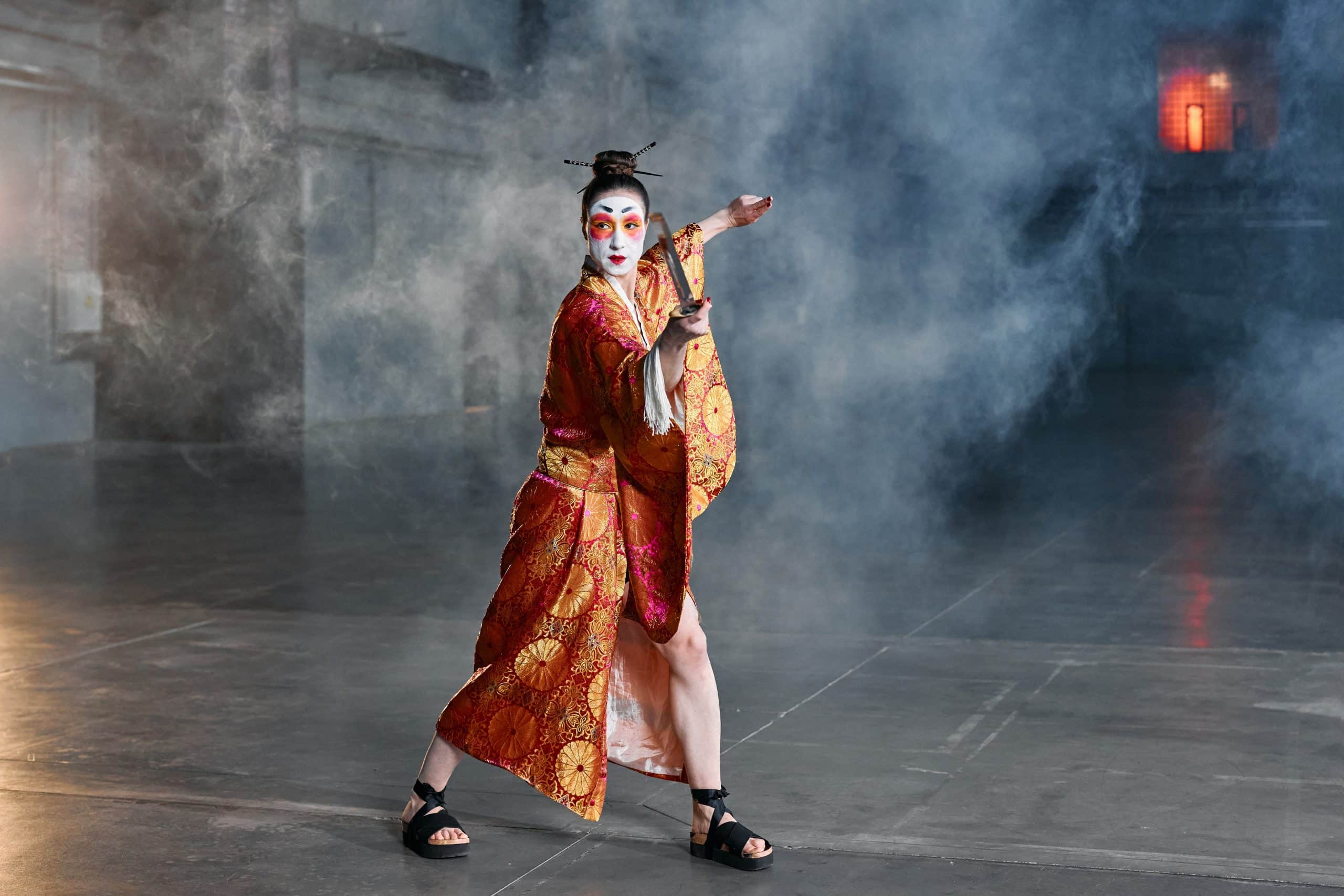The Royal Opera House in Covent Garden has lost its appeal at the Court of Appeal (CoA). It had previously won the case at the First-tier Tribunal but the Upper Tribunal (UT) reversed the decision and the CoA has upheld the UT’s decision.
To be able to reclaim VAT there must be a direct and immediate link between the input supply and taxable output supplies, typically input tax on goods sold. Sometimes, organisations will incur VAT on transactions, such as capital outlays for plant and machinery and rent, that are overheads and the link between the onward supply of taxable transactions is sufficient for it to be considered direct and immediate. Where a trader makes both taxable and exempt supplies the VAT on the overheads is apportioned between the taxable and exempt supplies and these traders are commonly known as partially exempt traders.
EU case law has also shown that where there is a direct and immediate link to a transaction that is outside of the scope of VAT, such as professional fees incurred in issuing new shares, then it is possible to disregard the initial transaction and consider the economic activities of the organisation as whole. So, if a trader incurred VAT on professional fees on issuing new shares and it made taxable supplies then the VAT could be reclaimed. But if the VAT had been incurred on an exempt supply, such as the sale of preexisting shares, then the initial transaction cannot be disregarded.
The Royal Opera House (ROH) makes supplies of both exempt supplies, ticket sales to operas and ballets, and taxable supplies, the sale of food and drink at its premises. The ROH had held that the production costs incurred in making the performances of opera and ballet were attributable to both the sale of food and drink and ticket sales. It hoped this cost element could be treated as non-attributable and therefore eligible for apportionment under a partial exempt calculation.
The CoA reviewed EU case law, in particular the case of an organisation providing food and drink along a path it had built. It had agreed with the local authority that it would provide the path to the public free of use. This free of use meant that the initial transaction was outside of the scope of VAT, since no consideration was paid, and it could be disregarded when considered whether there was a direct and immediate link between the costs building the path and the later supply of food and drink to users of the path.
CoA found that this case didn’t serve the ROH, the subsequent sale of exempt tickets could not be disregarded and the production costs were attributable to the exempt sales of tickets. The production costs were not overheads in the normal sense. The CoA held that the answer could be different where tickets were provided for free and the only supply made was that of food and drink sales but of course in fact the ROH charges for tickets.
The decision can be found at: Royal Opera House Covent Garden Foundation v Commissioners for Her Majesty’s Revenue and Customs [2021] EWCA Civ 910 (17 June 2021) (bailii.org)
Please contact us if you have any questions on VAT or make outside of the scope, exempt or taxable supplies. We can help with compliance and planning. Errors with VAT can be costly.



